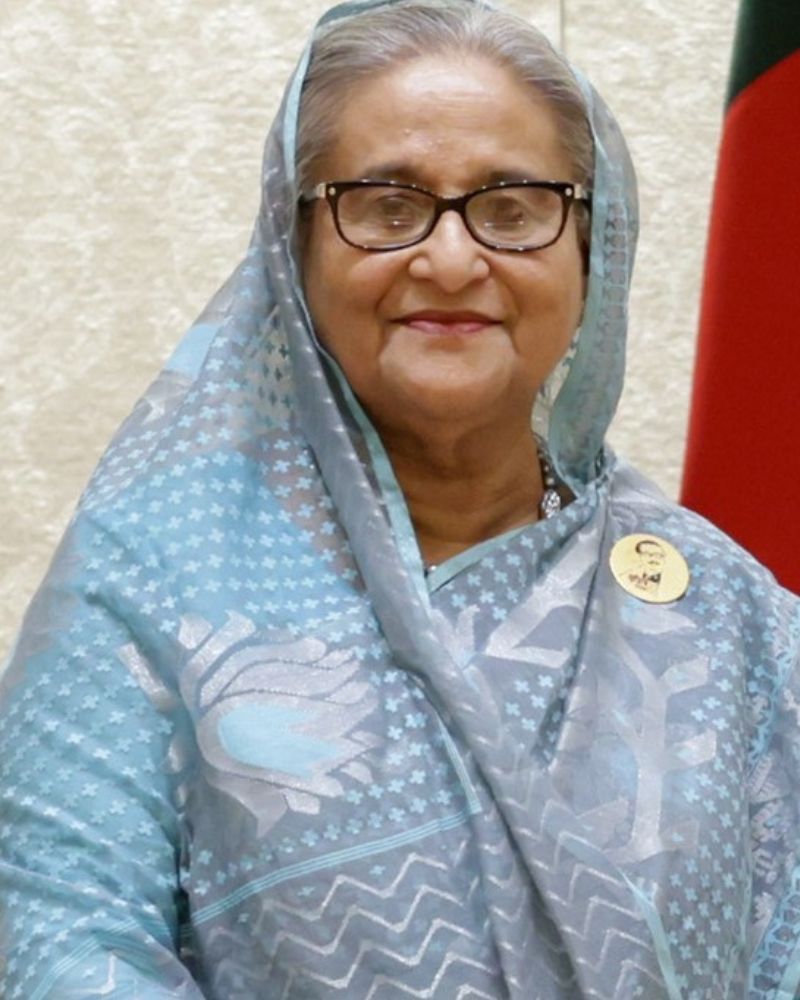Sheikh Hasina: The Iron Lady of Bangladesh

Sheikh Hasina, the longest-serving Prime Minister of Bangladesh, has been a defining figure in the country's political and economic transformation. Her leadership has brought economic growth, infrastructure development, and a strong global presence for Bangladesh.
Early Life & Political Beginnings
Born on September 28, 1947, Sheikh Hasina is the daughter of Sheikh Mujibur Rahman, Bangladesh’s founding father. She was actively involved in politics from a young age but faced immense hardships after her family was assassinated in 1975. She lived in exile before returning to Bangladesh in 1981 to lead the Awami League.
Rise to Power
After years of political struggle, Sheikh Hasina became Prime Minister in 1996, marking the beginning of a new era in Bangladesh. Though she lost power in 2001, she returned as Prime Minister in 2009 and has remained in office ever since, making her one of the world's longest-serving female leaders.
Key Policies & Governance
Sheikh Hasina has focused on:
- Economic Growth: Transforming Bangladesh into one of the fastest-growing economies, with major improvements in infrastructure, exports, and digitalization.
- Poverty Reduction: Implementing social welfare programs that have lifted millions out of poverty.
- Education & Women’s Empowerment: Expanding education access and promoting gender equality.
- Foreign Relations: Strengthening ties with India, China, and global powers while maintaining regional stability.
- Counterterrorism & Security: Taking a strong stance against extremism and ensuring national security.
Controversies & Challenges
Despite her achievements, Sheikh Hasina faces criticism for alleged restrictions on press freedom, opposition crackdowns, and concerns over democratic practices. However, her supporters argue that her leadership has ensured stability and growth in Bangladesh.
Impact & Legacy
Sheikh Hasina’s leadership has positioned Bangladesh as an emerging economic powerhouse. Her resilience, vision, and strategic policies have shaped the country’s modern identity, making her one of the most influential female leaders in the world.